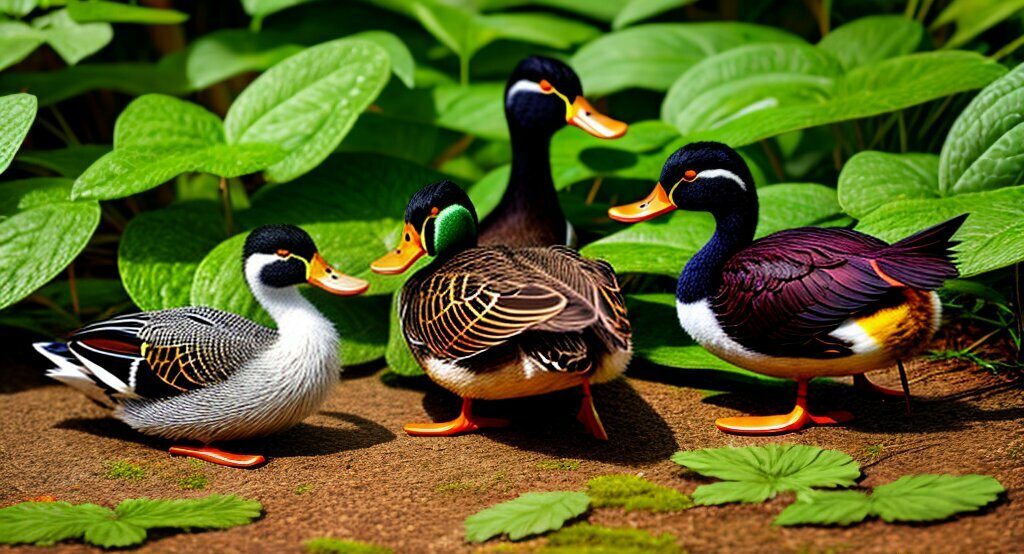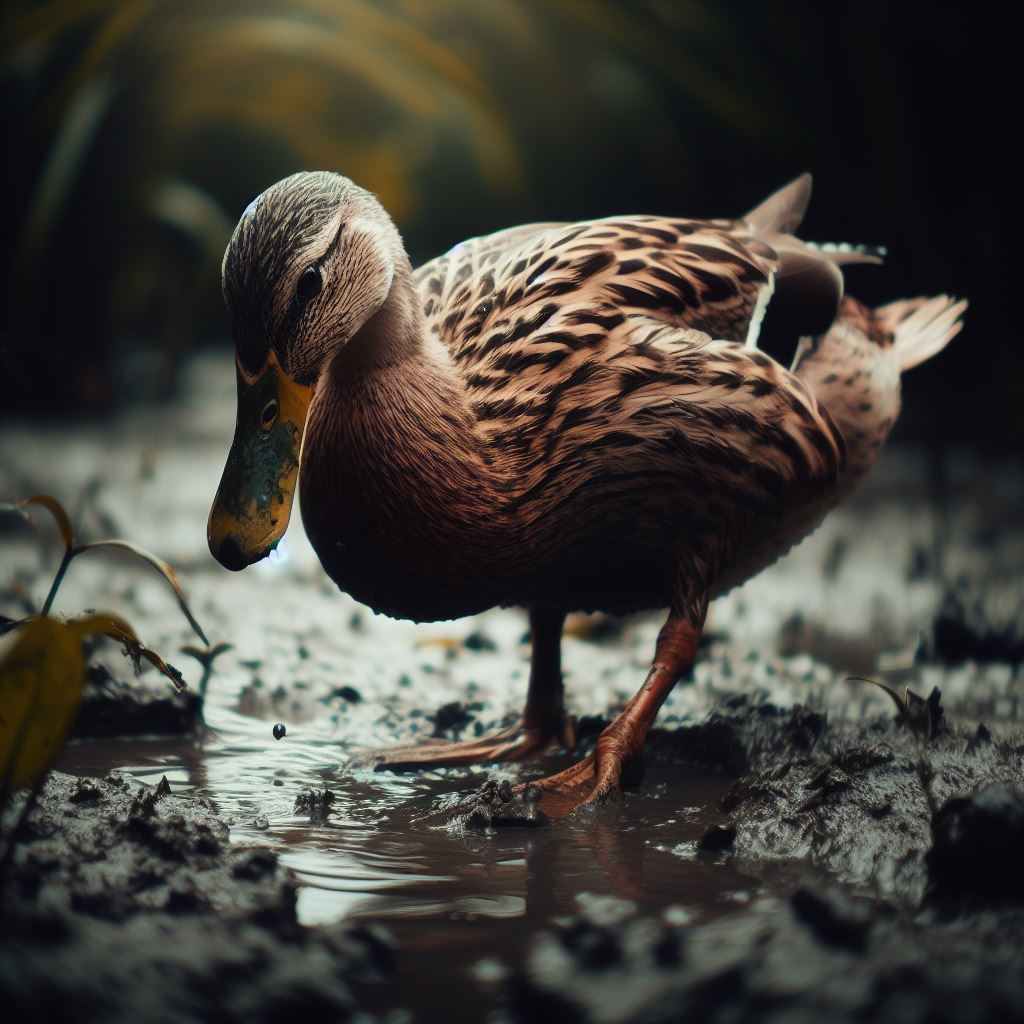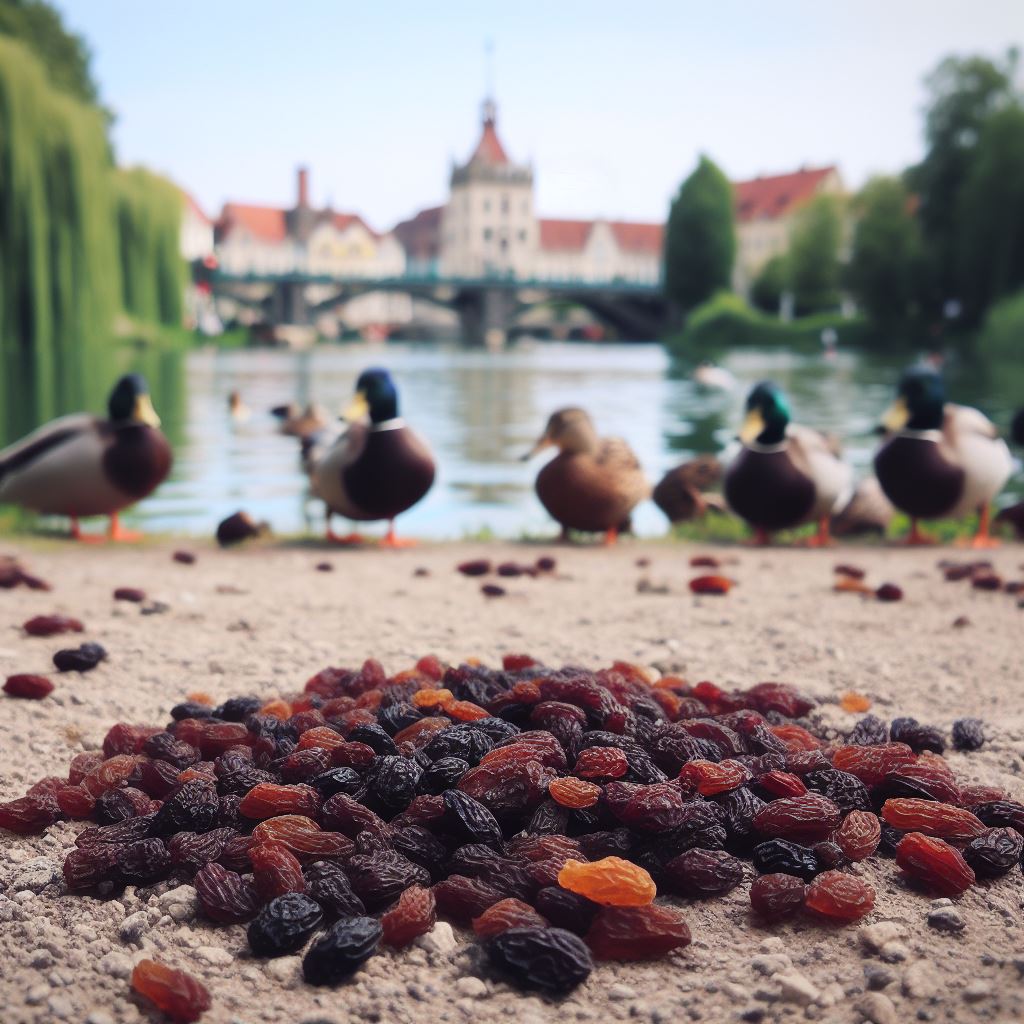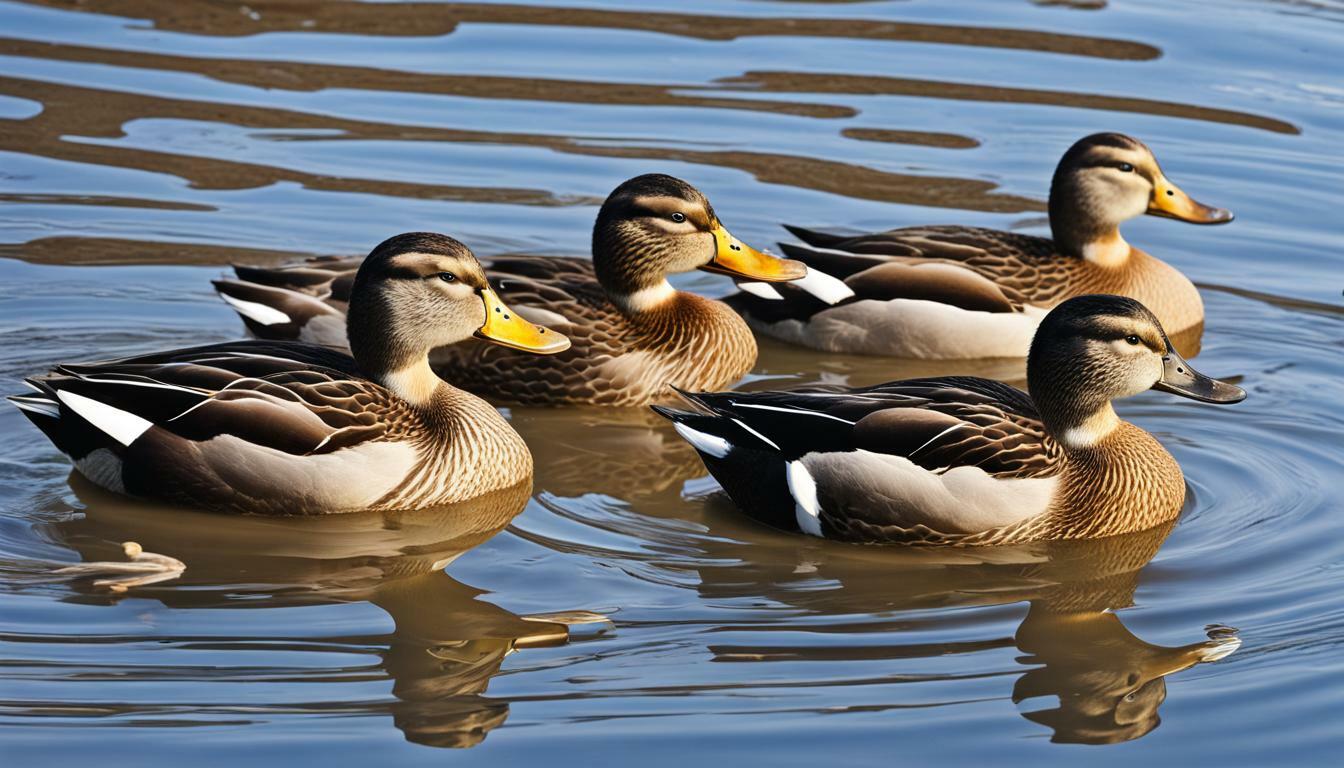Do Ducks Really Eat Bugs?

Table of content:
- A Duck’s Diet: More Than Just Breadcrumbs
- Ducklings Rely on Insects and Protein
- What Kinds of Bugs and Insects Do Ducks Eat?
- Do Ducklings and Adults Prefer Specific Insects?
- Do Ducks Help Control Mosquitoes and Garden Pests?
- Can You Feed Ducks Mealworms or Other Insects?
- Conclusion: A Natural Diet Rich in Insect Protein
Ducks are a common sight around lakes, ponds, and other wetlands. Their colorful plumage and energetic dabbling make them fun to watch. But what exactly are they eating as they tip upside down and search underwater? Do ducks really eat bugs and aquatic insects?
A Duck’s Diet: More Than Just Breadcrumbs
Many people envision ducks eating bits of bread or birdseed that humans toss their way. And while ducks will readily eat grains and other terrestrial foods, their natural diet is quite varied.
In the wild, ducks are omnivores, meaning they consume both plant and animal matter. Their diet generally consists of:
- Aquatic plants and algae
- Seeds and grains
- Small fish
- Aquatic insects and invertebrates
By consuming diverse foods, ducks are able to thrive in freshwater habitats.
Ducks employ a range of foraging techniques to find all this food. They may dabble or tip tail-up to feed on plants and insects below the water’s surface. Often they will stick just their heads underwater while paddling along to filter edible bits from the mud. Ducks also dive below the surface or feed by grubbing along the bottom with their bills. Their versatile bills allow them to strain food particles, grasp vegetation, and pick up insects and other prey.
Ducklings Rely on Insects and Protein
Soon after hatching, ducklings begin peering underwater and dabbling to find food. For young ducks, protein is especially important for healthy growth and development. Ducklings feed extensively on aquatic invertebrates including:
- Aquatic insects like dragonfly nymphs, mosquito larvae, and diving beetles
- Mollusks including freshwater snails and tiny clams
- Crustaceans such as water fleas, tadpole shrimp, and seed shrimp
- Worms and leeches
Insect larvae and other aquatic bugs make up a substantial part of a duckling’s diet. This high-protein food allows them to grow quickly before fledging.
Adult ducks continue eating aquatic invertebrates throughout the year. These provide protein and other key nutrients to maintain the duck’s health.
What Kinds of Bugs and Insects Do Ducks Eat?
Ducks feed on a diverse array of invertebrates found in freshwater habitats:
Beetles
Many types of aquatic beetle larvae are common prey. These include predaceous diving beetles, whirligig beetles, and water scavenger beetles. Adult diving beetles may also be eaten.
True Bugs
Aquatic bugs like backswimmers, water boatmen, and giant water bugs make up part of a duck’s diet.
Flies and Mosquitoes
The larvae of many flies and mosquitoes dwell in the water and provide food for ducks.
Caddisflies and Mayflies
Ducklings and adult ducks will eat the aquatic larvae of these insects as part of their varied diet.
Dragonflies and Damselflies
The nymphs of these insects are frequent duck prey when found under the water.
Aquatic Worms and Leeches
Different worms and leeches are consumed with enthusiasm by foraging ducks.
Snails, Mussels, Crayfish
These and other aquatic invertebrates supplement the diet of many duck species.
Overall, ducks will eat a wide range of insects and bugs that live in the water during some part of their lifecycle. Any small invertebrates are potential duck food!
Do Ducklings and Adults Prefer Specific Insects?
Some insect groups seem to be duck favorites. Diving beetles, mayflies, caddisflies, and midges are reported as the most common insects in duckling diets across different studies. Dragonfly nymphs and mosquito larvae also rank among highly consumed bugs.
For adult dabbling ducks, midge and mosquito larvae, caddisfly larvae, and diving beetle larvae appear frequent menu items. One study examining blue-winged teals found that midge larvae made up nearly half their diet by volume during winter and spring!
So while ducks eat a diverse insect buffet, some aquatic bugs seem to be their top picks across duck species and ages. These protein-packed insects provide key nutrients for healthy growth and reproduction.
Do Ducks Help Control Mosquitoes and Garden Pests?
Ducks make quick work of consuming mosquito larvae wriggling below the water’s surface. Their presence can help lower numbers of these biting pests around a property.
Their insect-eating habits can also help rid gardens and lawns of common vegetable and flower pests. Ducks will readily gobble up cutworms, cabbage worms, squash bugs, beet leafhoppers, cucumber beetles, and other harmful bugs they encounter.
Certain duck breeds like the Indian Runner are especially active foragers. Keeping these lively ducks can provide organic pest control for gardens plagued by insects. Just be sure to protect young seedlings from overly enthusiastic duck bills!
Can You Feed Ducks Mealworms or Other Insects?
While not necessary for their health, domestic ducks can be offered live mealworms, crickets, or maggots as treats. This mimics the insect diet they would naturally consume. Start with small amounts and see if your ducks like them!
Check that the insects are high quality before feeding. Avoid captured wild insects which may transmit parasites. Also, don’t feed fireflies or other toxic beetles to your ducks.
For wild ducks, follow local ordinances about wildlife feeding. In general, their natural environment will provide all the insects and aquatic invertebrates they need.
Conclusion: A Natural Diet Rich in Insect Protein
From fuzzy ducklings to fully feathered adults, insects and other aquatic invertebrates make up an important part of a duck’s natural diet. These small creepy crawlies provide the protein growing ducks require, as well as nutrients for healthy adults.
Ducks have evolved as consummate foragers to seek out the myriad insects hidden below the water’s surface. Their varied bill shapes allow them to strain and grasp a diverse array of prey. From diving beetle larvae wiggling through mud to mosquito larvae drifting through water, all are on the menu!
So next time you spot a duck dabbling upside down, know that it’s likely feasting on an aquatic insect buffet down under the water. The duck’s ability to capture these protein-rich bugs allows it to thrive in freshwater habitats across the globe.
Welcome. I’m Adreena Shanum, the proud owner of this website, and I am incredibly passionate about animals, especially poultry. I founded adreenapets.com as a labor of love, stemming from my desire to share my knowledge and experiences with poultry enthusiasts worldwide.




